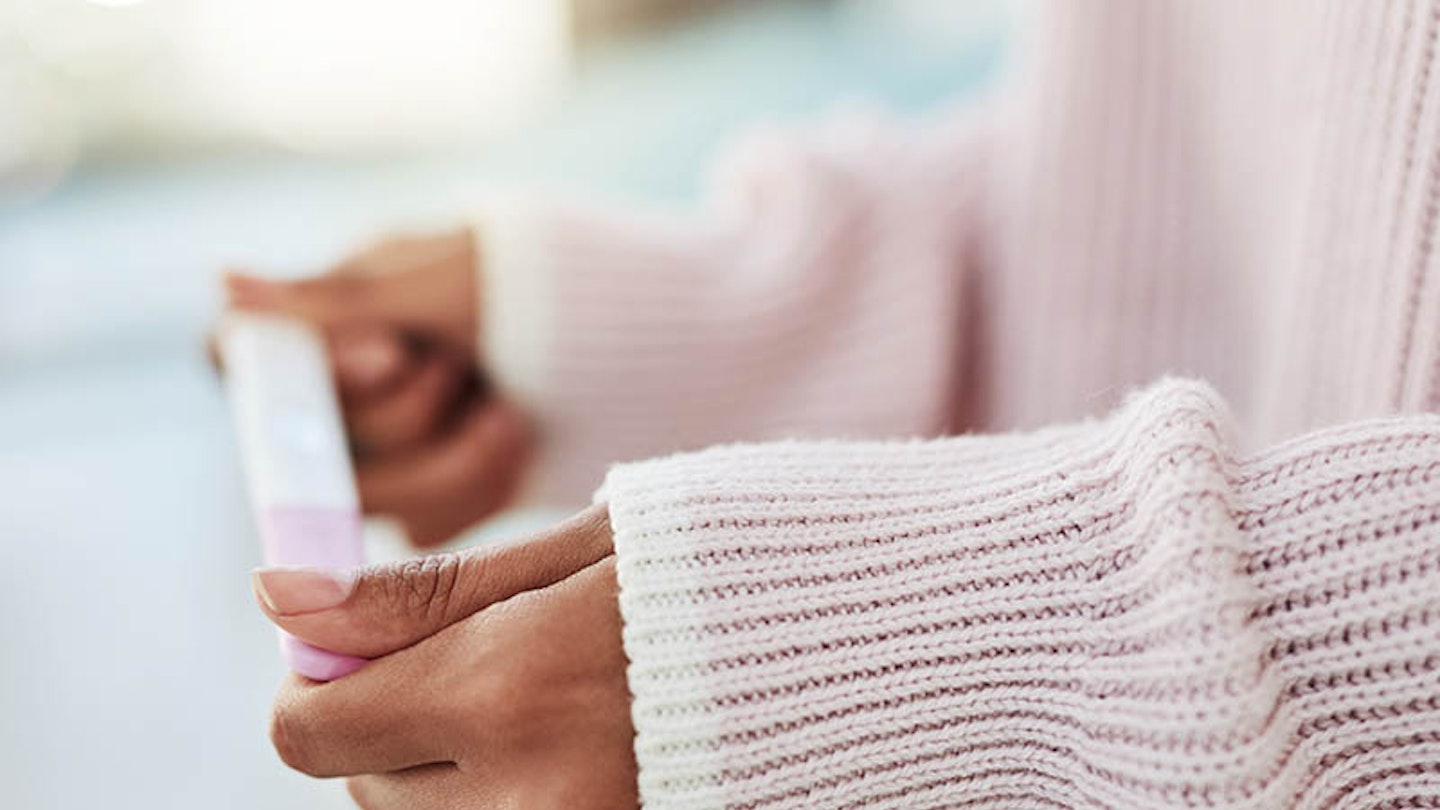Trying to conceive can sometimes be a long and tricky process. For others, it might happen when they least expect it. From the best time of the day, month and year to get pregnant, plus the best time in your life to try for a baby, here is everything you need to know about the best time to get pregnant.
In this article:
When is the best time of day to get pregnant?
A [study on male fertility]{href='https://www.tandfonline.com/doi/abs/10.1080/07420528.2018.1483942?journalCode=icbi20&' target='_blank' rel='noopener'} claims to have discovered the ideal time to try for a baby. It turns out early in the morning is apparently the optimum time, especially before 7:30 a.m.
Just another reason to stay in bed for a bit longer in the morning...
To figure out the best time to try for a baby, researchers at the University Hospital Zurich analysed a total of 12,245 semen samples from 7068 men between the years 1994 and 2015. All the men were between 25 and 40 years old. The study aimed to look at both circadian and circannual rhythms - so basically when your natural body clock aligns with the calendar year.
They analysed the samples in terms of:
-
sperm concentration
-
total sperm count
-
progressive motility (refers to sperm that are swimming in a mostly straight line or large circles)
-
normal morphology (sperm that appears normal when viewed under a microscope)
It turns out, three of these factors (sperm concentration, total sperm count and normal morphology) are at their highest first thing in the morning.
The study also discovered that sperm concentration and total sperm count increased in the spring months of March, April and May and decreased significantly in summer.
The study's lead author, Dr Brigitte Leeners said, “Male semen quality varies with both circadian and circannual rhythms”
“Collection of semen in the early morning, where semen quality was highest, can be used to improve natural fertility.”
So it looks like waking up a bit earlier in those spring months might just increase your chances of getting pregnant. The researchers also hope that their research can be useful for future fertility treatment. However, as with any study, results are likely to vary from person to person and couples trying to conceive should consult with an expert.
When is the best time of the month to get pregnant?
If you're trying to conceive (TTC), it's important to track when you're ovulating to work out your most fertile days of the month as this is the best time to get pregnant. You can find out when you're ovulating and work out your most fertile days using our ovulation calculator. Once you've entered the first day of your last period and the length of your cycle, you'll be shown the day you're at your most fertile. If you make sure you try on this day and the few days either side, you'll boost your chances of conceiving.
Whether you have irregular cycles or irregular periods, your cycle lengths can vary but should be around the 28 days mark. Around 14 days after your period starts is the days you should be ovulating and if you're trying for a baby, it's all about timing sex in this fertile window.
Once you've worked out the best time to try, you may want to take a look at our top tips for getting pregnant fast, and the best sex positions to conceive here.
When is the best time of year to get pregnant?
You might not think the time of year you conceive is so important, but according to researchers at Indiana University, it is. They looked at data from more than 270,000 pregnancies between 2004 and 2009, and found that women who are able to soak up more sunshine in the later stages of their pregnancy produce more Vitamin D, resulting in healthier babies.
Therefore, conceiving in December or January is the best time to get pregnant as this means you'll be in your third trimester during the summer months.
This is all well and good, but any mum who has experienced third trimester pregnancy in the height of summer knows how uncomfortable it can be. This is why many mums hope for an autumn baby. Not only does this mean the temperature will be more bearable for your third trimester, your baby will also be one of the oldest in their school year and therefore, be able to attend school sooner which is attractive to some parents.
If however you tend to suffer from Seasonal Affective Disorder or SAD as it's commonly referred to, you may prefer to have your baby in the spring. Not only does this mean you'll avoid being pregnant in the summer altogether, you'll also be able to enjoy longer days in the first few months of being a new mum which can be nice for morning walks when you're trying to get your baby off to sleep.
The best age to get pregnant
Whatever stage you're at in your life, most of us get to a point where we think about starting a family. Of course, the 'best age' varies from person to person and there is no 'right age' and while some feel ready in their early twenties, others prefer to wait.
There are so many factors that can affect your decision on whether or not to have a baby yet or wait, from your career to your home. If you're still debating whether or not to start trying, have a read of all the important things you need to know, from fertility to age as well as real mum's ages and what age they were when having a baby, here.
